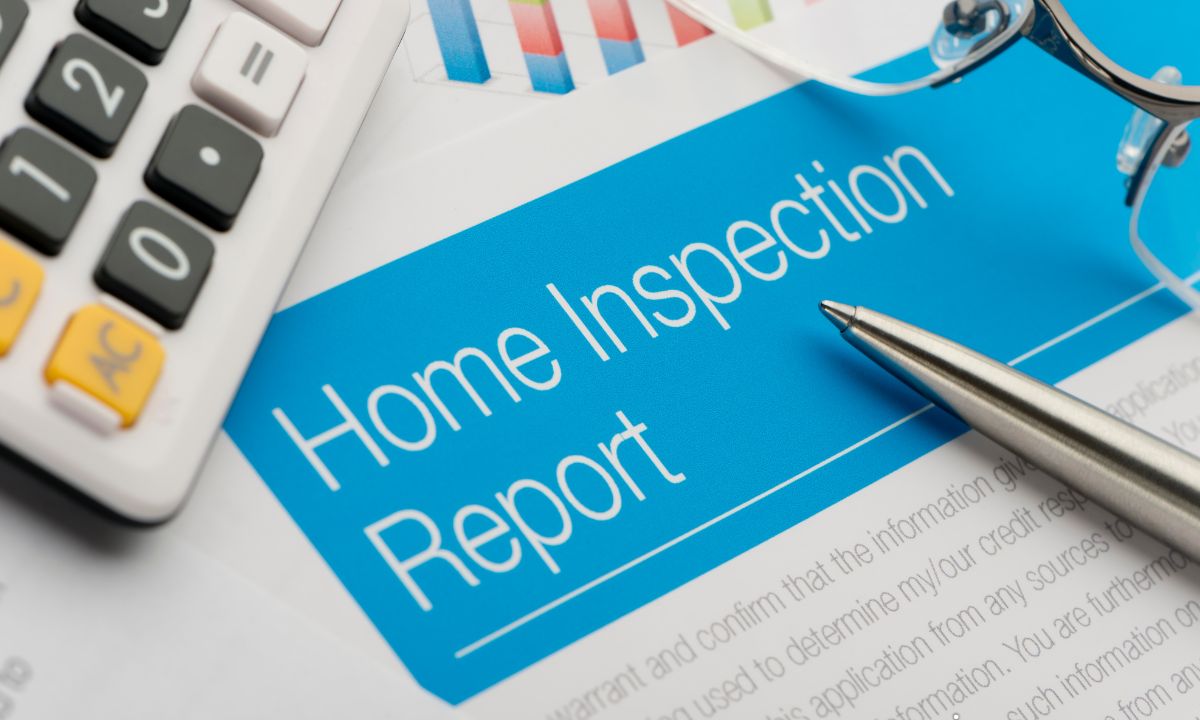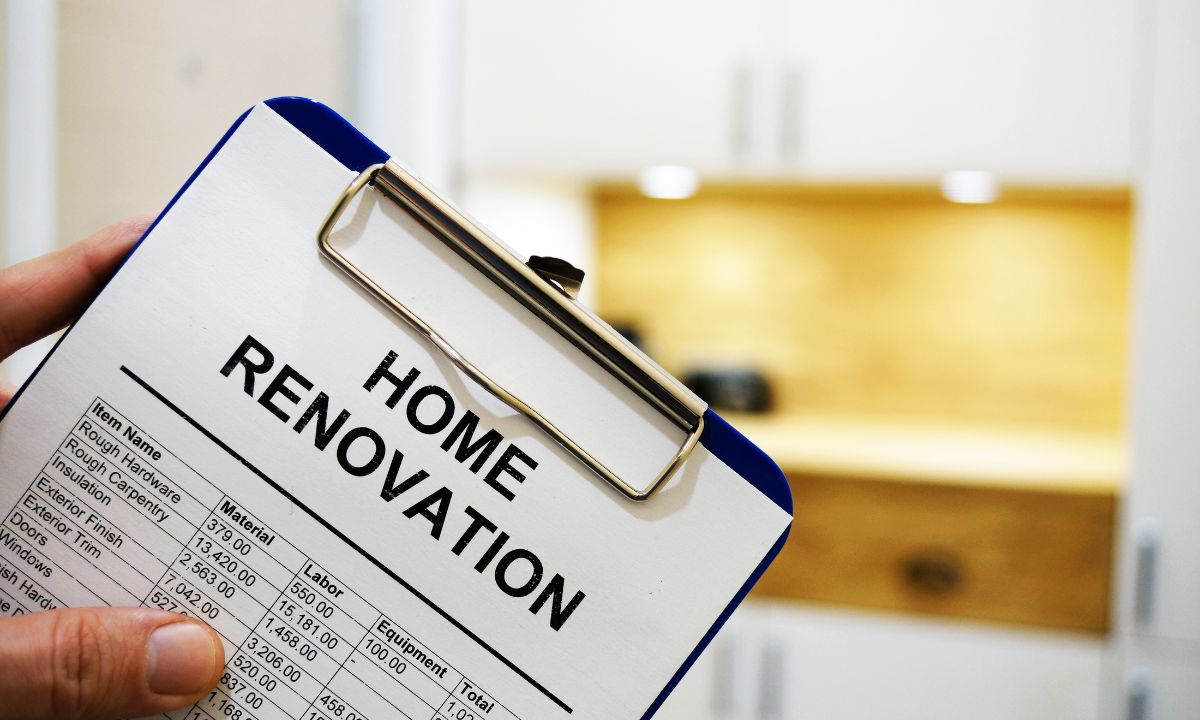 If you’re considering buying a home or refinancing your mortgage, you’ve probably come across the term “mortgage origination fee.” But what exactly is it? Let’s take a look at the details to help you understand what this fee entails and why it’s an important part of the mortgage process.
If you’re considering buying a home or refinancing your mortgage, you’ve probably come across the term “mortgage origination fee.” But what exactly is it? Let’s take a look at the details to help you understand what this fee entails and why it’s an important part of the mortgage process.
Understanding the Mortgage Origination Fee
A mortgage origination fee is a charge by the lender for processing your loan application. This fee compensates the lender for evaluating, preparing, and submitting your mortgage loan. Essentially, it covers the administrative costs and services provided by the lender from the beginning to the end of your mortgage application process.
How Much Is the Mortgage Origination Fee?
The mortgage origination fee is typically calculated as a percentage of the total loan amount. It usually ranges between 0.5% to 1% of your mortgage. For instance, if you’re taking out a $300,000 mortgage, an origination fee of 1% would be $3,000. This fee is generally due at closing, which is when you finalize your home purchase or refinance.
What Does the Origination Fee Cover?
The mortgage origination fee covers various services provided by the lender, including:
- Loan Application Processing: Reviewing your application and documentation.
- Credit Checks: Obtaining and analyzing your credit report and score.
- Underwriting: Assessing your creditworthiness and the risk of lending to you.
- Preparation of Loan Documents: Creating and managing all necessary paperwork for your loan.
- Coordination with Other Parties: Communicating with real estate agents, appraisers, and other involved parties to ensure a smooth transaction.
Is the Origination Fee Negotiable?
Yes, you can negotiate the origination fee with your lender. It’s always a good idea to shop around and compare offers from different lenders. Sometimes, lenders might be willing to lower or waive the fee, especially if you have a strong credit profile or if you’re borrowing a large amount. Don’t hesitate to ask for a breakdown of the fees and discuss them with your lender.
Why Is the Origination Fee Important?
Understanding the mortgage origination fee is crucial because it directly affects your overall loan costs. It’s a part of the total closing costs, which can add up quickly. Being aware of this fee helps you plan better financially and avoid any surprises at the closing table. Additionally, knowing about the origination fee can help you make informed decisions when comparing loan offers.
Can You Avoid the Origination Fee?
While some lenders might advertise “no origination fee” loans, be cautious. Lenders might offset the waived fee by charging higher interest rates or adding other fees. It’s essential to review the entire loan estimate and understand the trade-offs. Sometimes, paying the origination fee upfront might save you money in the long run through lower interest rates.
The mortgage origination fee is a key component of the home loan process. By understanding what it is, what it covers, and how it impacts your finances, you can navigate your mortgage journey with greater confidence. Always take the time to discuss fees with your lender and ensure you’re getting the best deal possible.
Feel free to drop your questions or share your experiences with mortgage origination fees in the comments below.
 Selling your home is a significant milestone, and you want to make sure it leaves a lasting impression on potential buyers. One of the most effective ways to achieve this is through the art of staging. Staging transforms your living space, highlighting its best features and making it irresistible to buyers. Here are some expert tips to help you master the art of staging and get your home sold faster.
Selling your home is a significant milestone, and you want to make sure it leaves a lasting impression on potential buyers. One of the most effective ways to achieve this is through the art of staging. Staging transforms your living space, highlighting its best features and making it irresistible to buyers. Here are some expert tips to help you master the art of staging and get your home sold faster. When you’re looking to buy a home, finding a good deal is exciting, but it can also have some tricky parts. Short-sale properties are one place where this happens a lot. If you’re thinking about buying one, it’s important to know what you’re getting into. Let’s take a closer look at short sales, the associated risks, and potential benefits for consumers.
When you’re looking to buy a home, finding a good deal is exciting, but it can also have some tricky parts. Short-sale properties are one place where this happens a lot. If you’re thinking about buying one, it’s important to know what you’re getting into. Let’s take a closer look at short sales, the associated risks, and potential benefits for consumers. When it comes to purchasing Real Estate, the traditional financing options may not always be the perfect fit for every aspiring homeowner. Fortunately, a range of alternative financing options exists, offering innovative solutions that cater to diverse financial circumstances. Here are some creative financing avenues that empower homebuyers to achieve their dream of homeownership: rent-to-own, lease-purchase agreements, and shared equity arrangements.
When it comes to purchasing Real Estate, the traditional financing options may not always be the perfect fit for every aspiring homeowner. Fortunately, a range of alternative financing options exists, offering innovative solutions that cater to diverse financial circumstances. Here are some creative financing avenues that empower homebuyers to achieve their dream of homeownership: rent-to-own, lease-purchase agreements, and shared equity arrangements. Homes are more than just a building. They are filled with memories of children taking their first steps, holidays that were celebrated with family members and friends, and Super Bowl parties filled with smiles and cheers.
Homes are more than just a building. They are filled with memories of children taking their first steps, holidays that were celebrated with family members and friends, and Super Bowl parties filled with smiles and cheers. Are you tired of pouring your hard-earned money into rent payments every month, only to see it vanish into thin air? Have you ever considered that homeownership might be the key to escaping the rent trap and building wealth for your future? We will explore how homeownership can be a powerful wealth-building tool compared to renting.
Are you tired of pouring your hard-earned money into rent payments every month, only to see it vanish into thin air? Have you ever considered that homeownership might be the key to escaping the rent trap and building wealth for your future? We will explore how homeownership can be a powerful wealth-building tool compared to renting. So, you’ve found your dream home, made an offer, and had the home inspection done. But wait—what happens next? For many homebuyers, negotiating repairs after a home inspection can be a daunting task. However, with the right approach and some negotiation skills, you can ensure that your new home is in tip-top shape without breaking the bank.
So, you’ve found your dream home, made an offer, and had the home inspection done. But wait—what happens next? For many homebuyers, negotiating repairs after a home inspection can be a daunting task. However, with the right approach and some negotiation skills, you can ensure that your new home is in tip-top shape without breaking the bank. As with most everything, timing is often key to unlocking substantial savings, especially when it comes to refinancing your loans. Whether you’re eyeing a lower interest rate, aiming to shorten your loan term, or simply seeking to tap into equity, strategic timing can significantly impact your financial outcomes. It is vital for a loan originator to empower the borrower with the knowledge of when to refinance.
As with most everything, timing is often key to unlocking substantial savings, especially when it comes to refinancing your loans. Whether you’re eyeing a lower interest rate, aiming to shorten your loan term, or simply seeking to tap into equity, strategic timing can significantly impact your financial outcomes. It is vital for a loan originator to empower the borrower with the knowledge of when to refinance. Undertaking home renovations can be an exciting endeavor, whether you’re looking to enhance your living space, increase property value, or simply modernize your home. However, financing these projects can often pose a significant challenge. While personal loans and refinancing are popular options for funding renovations, it’s important to weigh the advantages and disadvantages before deciding.
Undertaking home renovations can be an exciting endeavor, whether you’re looking to enhance your living space, increase property value, or simply modernize your home. However, financing these projects can often pose a significant challenge. While personal loans and refinancing are popular options for funding renovations, it’s important to weigh the advantages and disadvantages before deciding. What happens when you suddenly get a notice to pay your mortgage to a company you may have never heard of? How do you determine if this is a legitimate request or a scam?
What happens when you suddenly get a notice to pay your mortgage to a company you may have never heard of? How do you determine if this is a legitimate request or a scam?